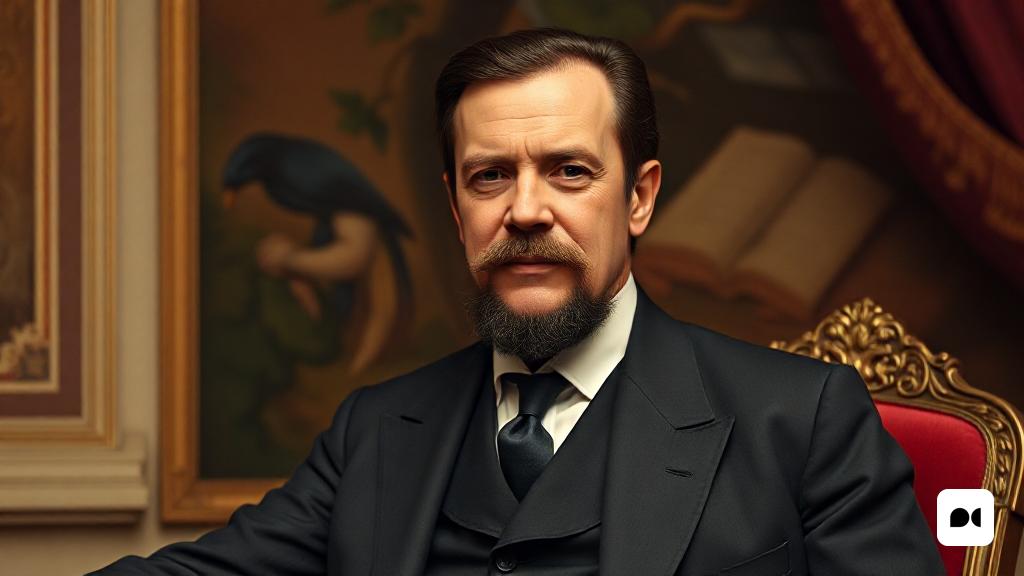A pioneer of public service in France
On a day like today, 172 years ago, a prominent figure in French politics was born in Perpignan: Juli Pams i Vallarino. His career was marked by a deep commitment to his community, holding key positions as councilor of the General Council of the Eastern Pyrenees and deputy of the National Assembly. With a career spanning from 1892 to 1930, Pams played an essential role in the politics of his time.
A man of his time
The son of Lluís Pams, a local grocer, and Laura Vallarino, Juli Pams came from a family with deep roots in the region. Genealogical research reveals that the Pams have been present in Perpignan since the 16th century, with notable influence both as farmers and traders. His paternal grandmother, Elisabet Bronzoni, contributed an Italian legacy, while his maternal roots were linked to Maresme and Baix Empordà.
A committed cultural leader
Pams didn’t just focus on politics; he was also a fervent defender of Catalan culture. He actively participated in the Societat d’Estudis Catalans, an institution created in Perpignan in 1903 that worked to promote the Catalan language and culture in Northern Catalonia. This dedication to his cultural heritage placed him among the northern Catalan elites who began to have a significant voice in France during the 19th century.
A legacy that endures
After his death in Paris in 1930, his residence in Perpignan, which had been transformed into a magnificent modernist house, was acquired by the Municipal Council. Currently known as Casa Pams, this cultural institution preserves the legacy of Juli Pams, remembering his contribution in both the political and cultural fields.
Reflections on a historical leader
The life of Juli Pams is a testimony to the role that local leaders can play in the history of a nation. His story not only reflects the aspirations of an era, but also highlights the importance of keeping culture and identity alive in a constantly changing world. His legacy continues to inspire generations in Northern Catalonia, reminding us that politics and culture are intrinsically linked.

